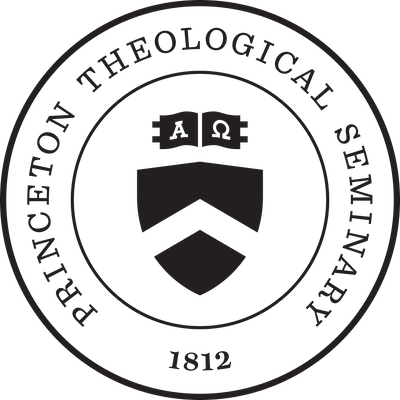The Payne Theological Seminary and A.M.E. Church Archive includes two subcollections organized into twenty-one thematic categories of images and textual materials for the study of the history of the African Methodist Episcopal (A.M.E.) denomination and Black Church tradition while chronicling the leadership and legacy of Payne Theological Seminary. Some materials are cross-referenced in multiple subcollections.
Funding for digitization of materials from Payne Theological Seminary archives was provided by a grant from the Arthur Vining Davis Foundation.
Browse the collection or search within this collection using the search box at the top of this page.
Payne Theological Seminary
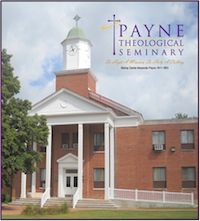
Payne History presents primary documents about the creation and development of the institution, the oldest freestanding seminary in the world, founded by Bishop Daniel Alexander Payne and guided by sixteen deans and presidents since 1894. Additional materials contributed by Wilberforce University Archives connect the two historically African American institutions and relate the establishment of the Seminary as an outgrowth of the Theological Department at Wilberforce University. See article “Payne Theological Seminary and AME Church Leadership.”
African Methodist Episcopalism
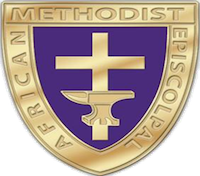
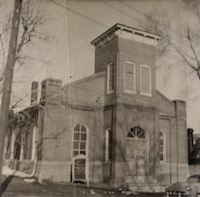
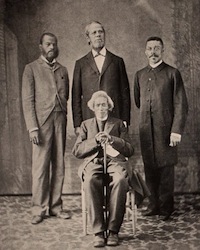
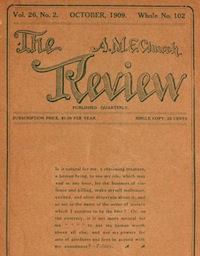
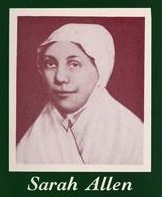
Subcollections
- Payne Theological Seminary
- Administration
- Governance
- Board of Trustees
- Deans & Presidents
- Faculty
- Alumni
- Ecumenical Institute
- Education
- Admissions
- Curriculum
- Matriculation
- Facilities
- Buildings, Structures, etc.
- History
- Community Involvement and Outreach
- Foundational Materials (Deed, Incorporation)
- Handbooks, Bulletins, Manuals
- Library
- African Methodist Episcopalism
- A.M.E. Church
- Clergy
- Bishops--Elected
- Bishops--Biography
- Council of Bishops
- Clergy--Biography
- Clergy--Call, Ordination, Appointment
- Clergy--Correspondence
- Clergy--Handbooks, Manuals, etc.
- Women in Ministry
- Discipline
- Doctrines
- Education
- Board of Education
- Theological Seminaries
- Universities and Colleges
- Church Histories
- History
- Membership
- Missions
- Women’s Missionary Society
- Polity
- Conferences
- Councils
- Districts
- Publishing
- Bibliography--Catalogs
- Meetings, Proceedings, and Conference Reports
- Newsletters, Newspapers, and Serial Publications
- Worship and Liturgy
About Payne Theological Seminary
Payne Theological Seminary is one of the oldest Black seminaries primarily concerned with the training of men and women for the ministry. Payne Theological Seminary, founded by the African Methodist Episcopal Church in 1894, is dedicated to the preparation of African American and other leaders for ministry in the traditions of liberation, reconciliation, social justice, and the dignity of all humankind. Its origin can be traced to the Ohio Conference of the African Methodist Episcopal Church, which met in Columbus Ohio on October 18, 1844. There a committee was appointed and empowered to select a site and erect a Seminary and Manual Training School. In 1871, the Board of Trustees of Wilberforce University voted and approved the organization of a seminary to be named for Bishop Daniel A. Payne, who had interested the African Methodist Episcopal Church in a program of higher education. Payne Theological Seminary was incorporated in 1894 as an independent institution.
In 1954, the Seminary took steps to raise its standards by promoting a program exclusively on a graduate level. Payne Theological Seminary was admitted to membership in the Association of Theological Schools (ATS) in 1956. In 1995, it became the fourth historically African American theological seminary to become fully accredited by the ATS. In 2009, the ATS Commission on Accrediting announced that Payne had been elevated to a ten-year accreditation cycle.
Back to top